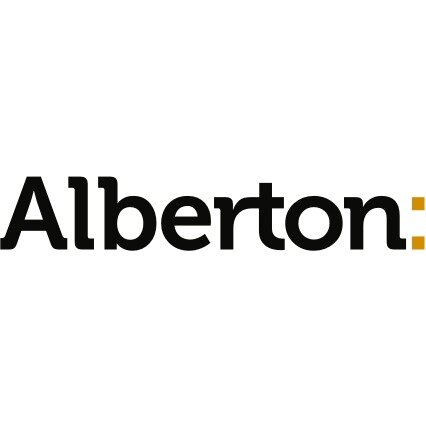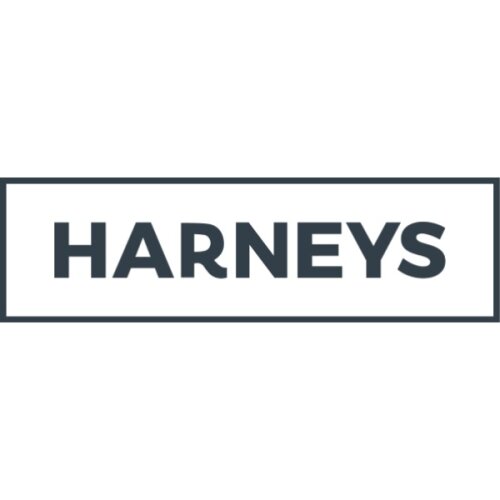Best Energy Regulatory Law Lawyers in British Virgin Islands
Share your needs with us, get contacted by law firms.
Free. Takes 2 min.
Or refine your search by selecting a city:
List of the best lawyers in British Virgin Islands
About Energy Regulatory Law in British Virgin Islands
Energy Regulatory Law in the British Virgin Islands (BVI) covers the rules, regulations, and legal principles governing the generation, distribution, and sale of energy within the territory. This area of law is primarily focused on electricity, but it can also include renewable energy projects, oil, and gas initiatives. The primary aims of energy regulation in the BVI include ensuring consumer protection, promoting competition, enforcing environmental standards, and supporting the development of a reliable and sustainable energy sector.
Why You May Need a Lawyer
Individuals and businesses may need a lawyer specializing in Energy Regulatory Law for a variety of reasons. Common situations include:
- Applying for or renewing a license to generate or distribute electricity
- Negotiating power purchase agreements or supply contracts
- Complying with environmental or energy efficiency standards
- Dealing with disputes concerning tariffs, service interruptions, or unfair practices
- Starting or investing in renewable energy projects such as solar or wind power installations
- Navigating the process of connecting to the public grid
- Responding to enforcement actions or penalties issued by regulators
- Understanding the impact of local or international regulations on energy operations
- Managing risks and liabilities for energy sector activities
Local Laws Overview
The BVI energy sector is primarily regulated by the BVI Electricity Corporation Act and associated regulations. Key aspects include:
- The production and supply of electricity is mainly managed by the BVI Electricity Corporation (BVIEC), a statutory body with exclusive rights and obligations related to public electricity supply.
- All energy-related activities typically require licensing or authorization from the government or the BVIEC.
- Recent amendments and policy initiatives encourage the integration of renewable energy sources, such as solar power, to reduce dependency on imported petroleum products and promote sustainability.
- Regulators closely monitor energy tariffs, service standards, and consumer protection to maintain affordability and reliability in electricity supply.
- Environmental laws and planning regulations apply to all energy infrastructure developments to minimize ecological impact.
- The BVI also aligns with certain international standards and best practices in energy regulation for safety, environmental, and operational matters.
Frequently Asked Questions
What government body regulates energy in the British Virgin Islands?
The BVI Electricity Corporation (BVIEC) is the main regulator and provider of electricity in the territory, operating under the oversight of government ministries responsible for utilities.
Can private companies generate and sell electricity in the BVI?
Private generation and sale of electricity are subject to licensing and regulatory approval. The BVIEC generally holds exclusive rights for public supply, but there are opportunities for private renewable energy initiatives, especially for self-generation or off-grid solutions.
Are there incentives for renewable energy projects?
The BVI government has introduced various incentives and policy measures to encourage renewable energy development, including import duty waivers for renewable energy equipment and streamlined processes for pilot solar projects.
What are the main environmental considerations for energy projects?
All energy projects must comply with environmental protection regulations, environmental impact assessments, and land use planning rules to ensure sustainable development and minimize harm to local ecosystems.
How are electricity tariffs set?
Tariffs for electricity are reviewed and approved by public regulators to ensure services remain affordable for consumers while allowing for adequate investment in infrastructure and maintenance.
Do homeowners need approval to install solar panels?
Yes, homeowners need to apply for the appropriate permits and ensure compliance with technical and safety standards before installing solar panels, especially if they intend to connect to the public grid.
What legal steps are needed to connect a property to the public electricity grid?
Property owners need to apply to the BVIEC, ensure their installations meet electrical and safety codes, and pay any required fees before connection to the public grid is permitted.
What should I do if I have a dispute with the electricity provider?
Disputes can be resolved through negotiation, mediation, or, if necessary, legal proceedings. Legal advice is recommended to understand your rights and obligations.
Are there rules about energy efficiency in buildings?
The BVI is progressively implementing standards promoting energy efficiency in both new constructions and major renovations, aligned with sustainable development goals.
Who should I contact for complaints about electricity service?
Complaints can be directed to the BVIEC directly. If you remain unsatisfied, you may escalate the matter to relevant government departments or seek legal guidance.
Additional Resources
Here are some resources and organizations that may be useful if you are seeking legal advice or information on Energy Regulatory Law in the British Virgin Islands:
- BVI Electricity Corporation (BVIEC): The statutory body responsible for electricity generation and distribution in the territory.
- Ministry of Communications and Works: Government ministry with oversight of energy policy and utilities regulation.
- Department of Disaster Management: Offers guidance on energy resilience and disaster preparedness related to critical infrastructure.
- Law firms and legal practitioners: Many BVI firms have specialists in regulatory law, infrastructure, and environmental compliance.
- Chamber of Commerce: Can provide business-related guidance and connect investors to legal and sector-specific experts in the BVI.
Next Steps
If you believe you need legal assistance in Energy Regulatory Law in the BVI, consider the following steps:
- Clearly define your issue or goal, such as applying for a license, resolving a dispute, or developing a new energy project.
- Gather all relevant documents, such as contracts, permits, correspondence, and notices related to your matter.
- Consult with a qualified energy regulatory lawyer or a law firm with experience in BVI energy and utilities regulation.
- Be prepared with questions regarding legal requirements, timelines, costs, and possible outcomes for your situation.
- Follow up on any recommendations and ensure ongoing compliance with regulatory and environmental standards relevant to your energy activities.
Lawzana helps you find the best lawyers and law firms in British Virgin Islands through a curated and pre-screened list of qualified legal professionals. Our platform offers rankings and detailed profiles of attorneys and law firms, allowing you to compare based on practice areas, including Energy Regulatory Law, experience, and client feedback.
Each profile includes a description of the firm's areas of practice, client reviews, team members and partners, year of establishment, spoken languages, office locations, contact information, social media presence, and any published articles or resources. Most firms on our platform speak English and are experienced in both local and international legal matters.
Get a quote from top-rated law firms in British Virgin Islands — quickly, securely, and without unnecessary hassle.
Disclaimer:
The information provided on this page is for general informational purposes only and does not constitute legal advice. While we strive to ensure the accuracy and relevance of the content, legal information may change over time, and interpretations of the law can vary. You should always consult with a qualified legal professional for advice specific to your situation.
We disclaim all liability for actions taken or not taken based on the content of this page. If you believe any information is incorrect or outdated, please contact us, and we will review and update it where appropriate.
Browse energy regulatory law law firms by city in British Virgin Islands
Refine your search by selecting a city.














